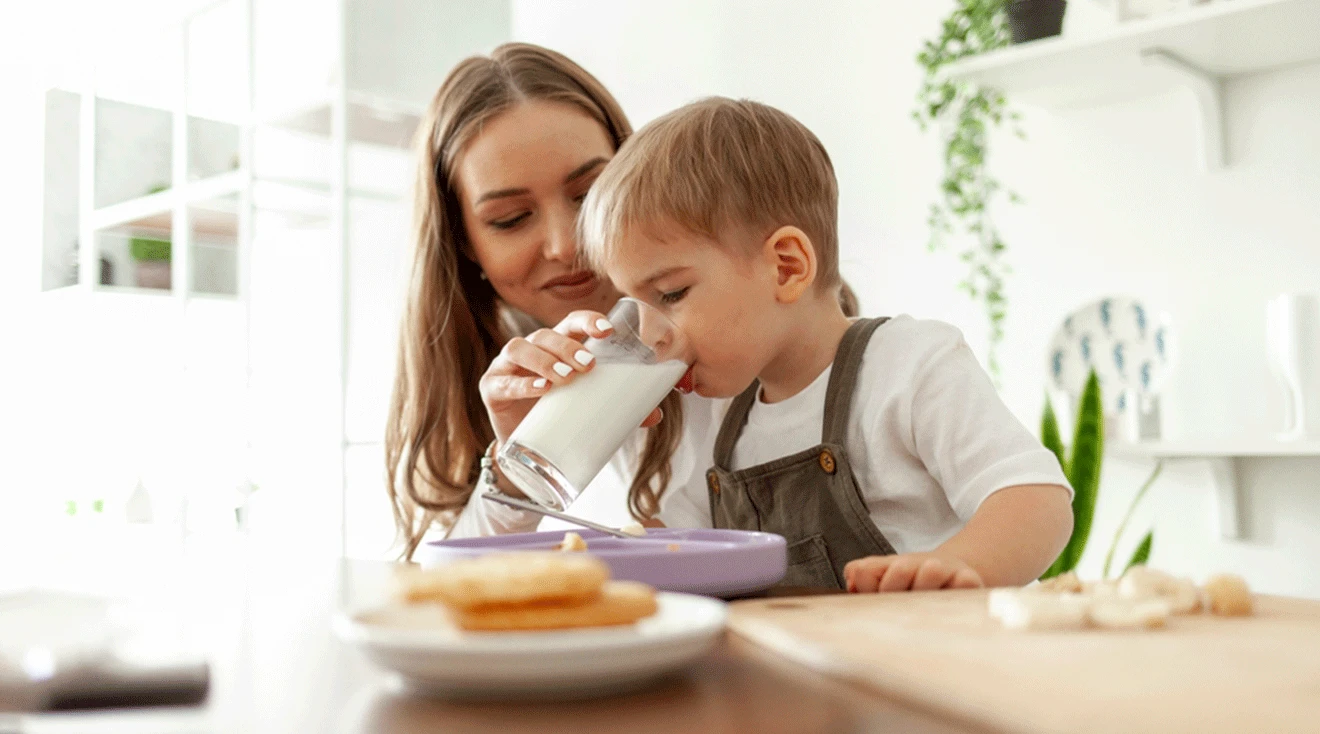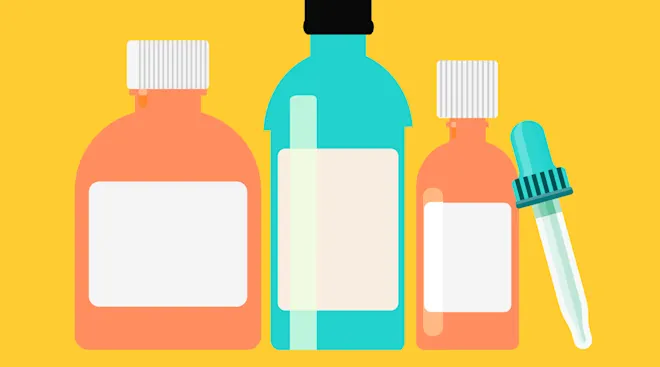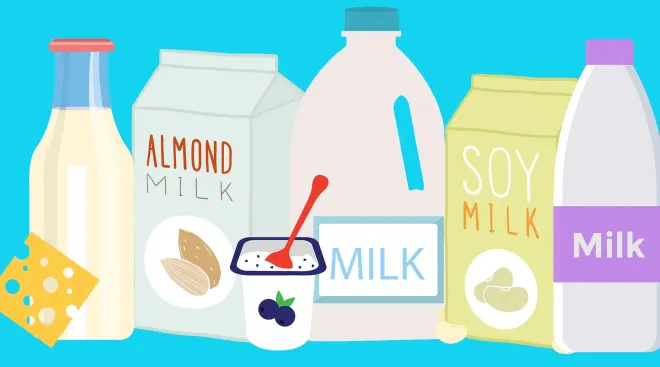Kids Should Stick to Water and Milk, AAP Says in New Guidelines
Gone are the days of the 2000s-era Got Milk? campaign—now, kids are bombarded with flashy Instagram ads, viral TikToks, and even Super Bowl commercials pushing flavored waters, sports drinks, trendy juices, and energy drinks. While traditional soda may no longer be the biggest offender, these new beverage options can be just as harmful to kids’ health.
That’s why leading health experts are doubling down on a simple message: when it comes to children’s beverages, plain water and pasteurized milk should be the go-to choices.
This new kids beverage guidance comes from a summit held by Healthy Eating Research, bringing together experts from the American Academy of Pediatrics (AAP), the Academy of Nutrition and Dietetics, the American Academy of Pediatric Dentistry, and the American Heart Association. After reviewing scientific research, national and international guidelines, and data on childhood beverage consumption, the panel categorized drinks into three groups:
Beverages to Drink: Plain Water and Pasteurized Milk
Water and pasteurized milk remain the healthiest options for kids. While water remains the gold standard in hydration, milk provides key nutrients that many children may not get elsewhere. “There was a time when the norm was that children drink milk. Now the parents and children seem to think they don’t need milk anymore once they reach school age,” Mark R. Corkins, MD, FAAP, the chair of the AAP Committee on Nutrition said in the AAP’s new guidelines for kid’s beverages. “For hydration, the best fluid of course is plain water, which is also a nutrient in and of itself.”
Beverages to Limit: 100% Juice and Milk Alternatives
Although often marketed as healthy, 100% fruit juice and plant-based milk alternatives should be limited. Corkins emphasizes that these milk alternatives don’t offer the same nutrition as cow’s milk and often contain added sugars. “A lot of them have very little protein in them," he says. “And somehow, people are giving them to their kids thinking they’re an alternative to cow’s milk.” But in terms of nutrition, he says many plant-based milks “aren’t even close,” so it’s important to read nutrition labels.
Beverages to Avoid: Sports Drinks, Sodas, Flavored Waters and Energy Drinks
The biggest issue with these drinks? Sugar. Many contain high levels of added sugar, which increases the risk of cavities, obesity, and diet-related diseases like type 2 diabetes. Even diet or sugar-free drinks aren’t a safe bet. According to the AAP, recent research suggests that artificial sweeteners may not help with weight management and could even increase the risk of chronic conditions like type 2 diabetes and heart disease.
And while it may seem obvious not to hand a toddler a cup of coffee or an energy drink, Corkins notes that there’s no safe amount of caffeine for kids under 18. Caffeinated drinks can lead to poor sleep, increased blood pressure, anxiety and depressive moods.
Setting Healthy Habits Early
The best way to help your child make healthy beverage choices? Start early. “These new recommendations offer clear, evidence-based guidance to help families make informed decisions about what their kids and teens should drink at every stage of development,” says Corkins. By prioritizing water and milk from the start, parents can help set their children up for a lifetime of better hydration and health.
Please note: The Bump and the materials and information it contains are not intended to, and do not constitute, medical or other health advice or diagnosis and should not be used as such. You should always consult with a qualified physician or health professional about your specific circumstances.
Navigate forward to interact with the calendar and select a date. Press the question mark key to get the keyboard shortcuts for changing dates.




















































